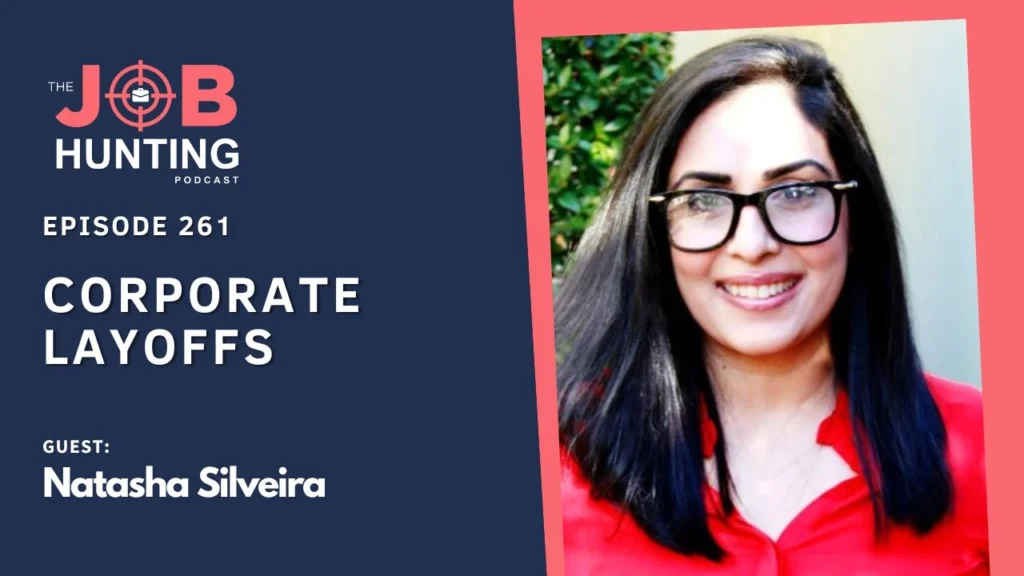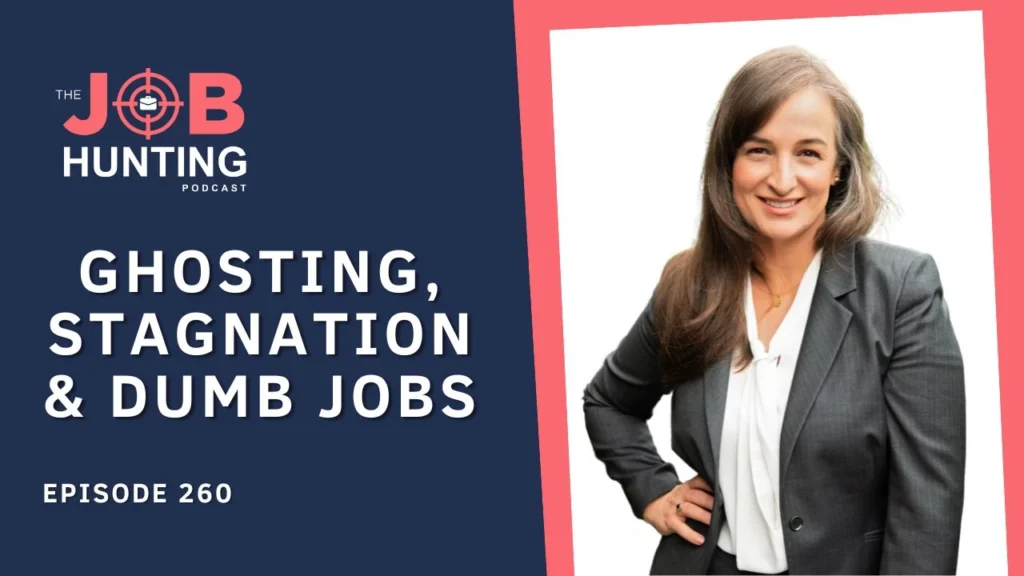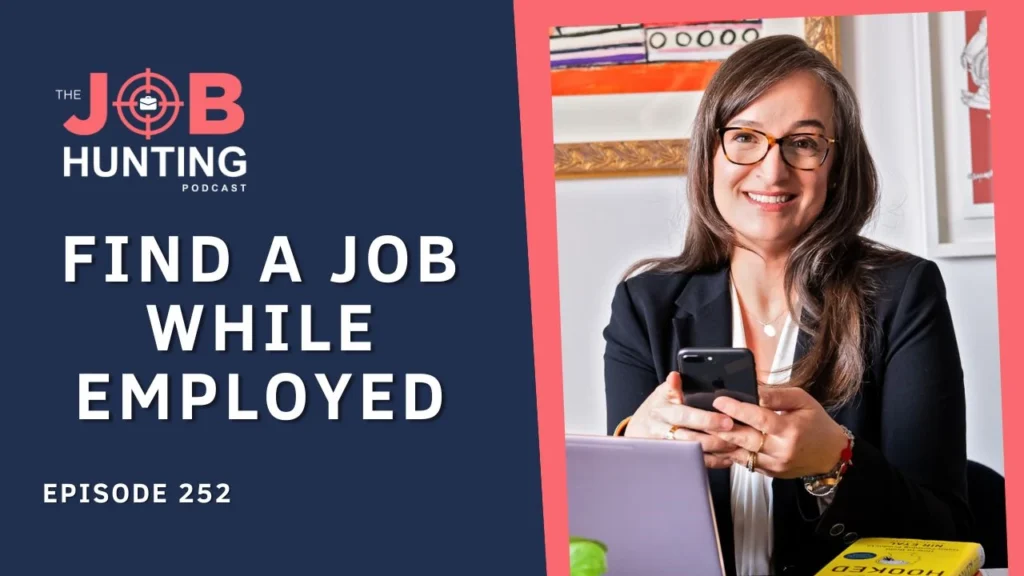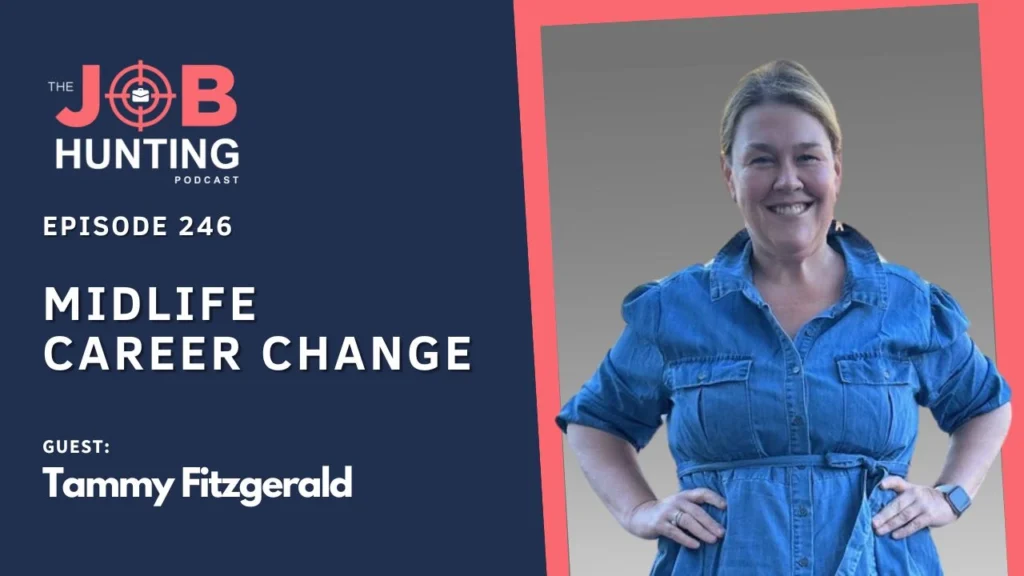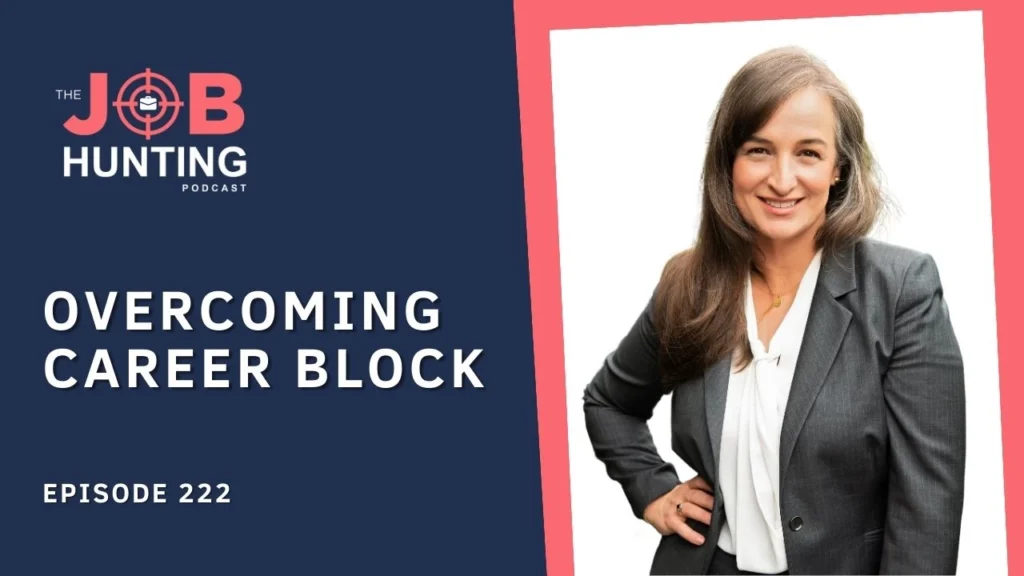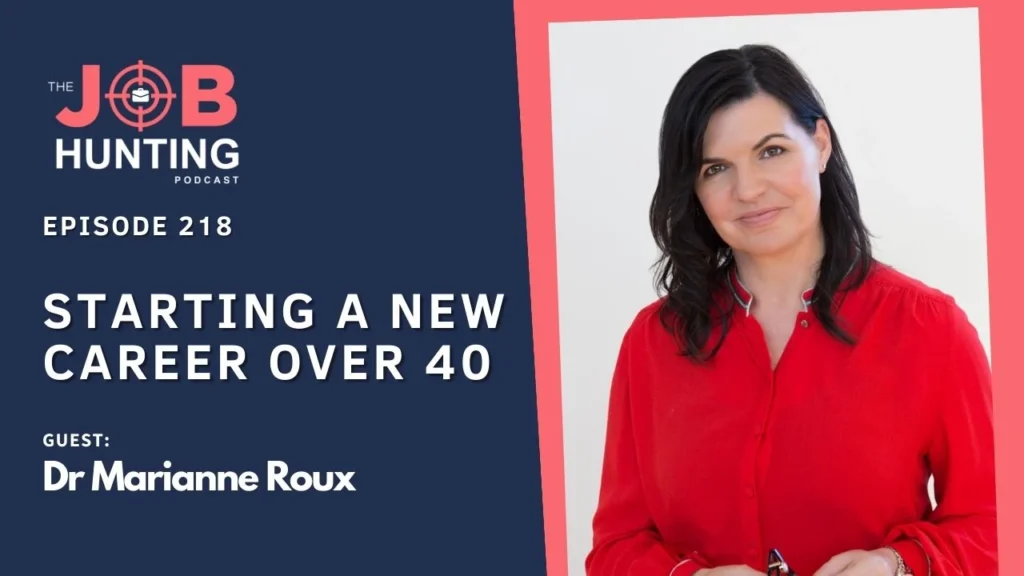Okay, so let’s start by understanding the nature of career transitions. Let’s look at a fundamental question that we need to address right from the get go. What is it? Transitions aren’t just about switching jobs or switching industries. They are sometimes a lifestyle redesign. That’s what it really means when you’re making such an important change in your career.
A true career change will often involve rethinking how you want to feel at the end of the day, how you spend your time, what your long term goals are. Um, I think a good example of somebody who did that really successfully is Jeff Bezos, founder of Amazon. He has great examples of From the time when he left his job as a hedge fund professional to sell books online.
Imagine doing that back in the day. Who would have thought that he would become as big as he is now? And his company, you know, that started quite big. small is now this ginormous enterprise. And it wasn’t really that he was rejecting a, what was in fact, a lucrative career, uh, that he already had. It was that he was pursuing something that he really wanted to do to minimize regrets.
So he has a regret minimization framework. You can Google it and you can, uh, Find out more. And this became quite well known as his guiding principle for opening up Amazon and growing it as he did. He asked himself at 80 years old. What will I regret more trying and failing or never trying at all? And I think you need to be in a privileged position.
In order to take that sort of risk, I understand that this podcast, the job hunting podcast is really designed for those who are Bye. Who can be enabled to do that through their savings, through bootstrapping, their savings to get them to a point where they can, uh, leave maybe a career that they are not as interested in and pursue something else.
I mean, Jeff Bezos wasn’t starting from scratch. Worked in hedge fund that usually earns people a lot of money and what I’m saying is you don’t have to be filthy rich to start pursuing your purpose and fulfilling your ambitions, but you may need to find yourself some sort of safety net. It could be that.
You sell your house or, um, moving with your parents or use up that savings or start slowly as I did, you know, having a full time job and a side hustle, something that allows you to minimize regrets, both by, um, putting some energy and effort into the dream of yours, but also. Not burning the bridges along the way.
So I think that that’s important, but I think this podcast is usually Listened to by people that understand that to understand that it is quite a privilege to be doing that So I want you to add that as a disclaimer here So this framework the regret minimization framework used by Jeff Bezos is a framework That we can all use, and it helps you think about long term implications of staying in your current path versus making a change.
And it’s a, I think, a very good framework to adopt and also to check in with it every few years or every year or every quarter or every semester. It depends on how fast or how stable your life is, but I definitely do a check in every six months. Thanks. Because I have a business, but you know, if you have a very full on job and you don’t plan to do any changes momentarily, it’s still useful to do a check in annually, I think.
And right now, when I’m recording this podcast episode, which is December, 2024, December is usually a great month for us to sort of switch off, start switching off and then use January as a reset. We tend to do that naturally, so might as well do it for real. Then the second thing I want to you to consider is why do you want to change?
Why do you want to change? This is the most important thing, especially for the listeners, again, for the listeners of this podcast, who are seasoned professionals, experienced professionals, professionals that have already achieved a lot, they may have had a squiggly career or a linear career, um, changed, uh, a a lot already, or not at all.
But whatever it is that you’ve had so far, you’ve reached the point where now you’re listening to this episode for a reason. Why is it? So before making any transitions, it’s really essential to reflect on why, why you’re considering it. And ask yourself, is it the work culture that you’re currently going through that you don’t like or you want something better?
Is it colleagues that you don’t gel in well? Is it the, um, sector or the type of work that you do that you find unsatisfying? Do you feel like you need to progress in your career in a certain way because it’s expected of you? That is not really usually enough to give you enough incentive and purpose to get you there.
Usually when we are led by those sort of external Um, factors. It can take us up to career, career upgrades and, and promotions up to our 30s. When we reach our 40s and 50s, um, producing results for others doesn’t satisfy us anymore. Right. So what I’m trying to find out here, if you are feeling drawn to another field, another type of role, um, if there is a skill or a passion that is still untapped, um, and part of your repertoire of things that, you know, you love to do, you have talent, then you might need to project that into your music.
Your future and build up the right plans and energy to tackle it because the fact that you are talented in it, but you haven’t addressed it yet doesn’t mean that other people will understand and get it straight away. So you might need to work with a coach like myself, or do some mentoring and coaching to understand how to present that to others.
In the Harvard article, uh, the author does talk about how he nurtured his passion project and for years he worked on it before committing to it full time. I, it resonated with me because that’s what I did as well. I think there was a sprinkle of coaching and mentoring throughout my career from a long, long time.
But it was really maybe around 2016 when I decided I would side hustle it until I was able to feel it fully commit to it full time. So I encourage my clients to take those small steps and validate their whole process. Why? Before they engage in the bigger change. So experimenting during weekends or evenings, talking to people that have already done the transition.
That was so important for me when I did mine. Um, maybe take a short sabbatical and immerse yourself in a new work or a new environment. Get some mobility. If you work in large organizations, it’s possible for you. to um, potentially get some mobility and move into different functions of the organization.
And also conduct informational interviews with people in the field you are considering. Be careful not to romanticize the idea of transitioning to a field without having real experience. So people that sometimes tell me they want to go into academia or they want to go into consulting or they want to be, uh, Uh, their own boss and have their own businesses.
It’s important to do that. Um, validation of those ideas with, um. a group of people, not just one, right? So these micro experiments can really help you clarify your purpose and give you the confidence to take the leap knowing that you have a great chance of succeeding. Then I want to you to assess what you want to do next, right?
So once you’ve identified your motivation and you know that you want to make this transition, it may be that it’s a multi step transition. It may be that you, we’ve discussed this in previous episodes in different formats, but it may be that to reach The point where you’re happy with the transition, it could, there could be a step in between, there could be a job in between or a period of savings in between to allow you that transition.
So it’s time to figure out what you want to do. And that self assessment is critical here. Understanding what the ultimate goal is, and then the tasks to get there is really important. Are your current actions, your current job, If your job searching the roles that you are applying for, if you have a pitch, if you have a resume, have a LinkedIn, are they bringing you closer to that goal?
You know, sometimes there are a bit of tweaking that needs to be done to get there this week. In fact, I spoke to quite a few clients that are going to enable their transitions by tweaking their resumes. It’s not lying on the resume or making things up. It’s not that. It’s just highlighting the things from your career so far.
that will enable you, springboard you into that direction, which might be different from the direction that people are perceiving right now and assuming right now from a resume or LinkedIn profile that’s written for the past and not for the future if you are making a change. So what would your 80 year old self think about Your choices today, huh?
I often talk about on the podcast here about making friends with your future self and treating, treating that future self like a friend, like somebody you take care of in the future. Um, yes, other people could take care of you in the future. But ideally, you today could be helping your future self and understanding that future self, that 80 year old Renata, that 80 year old you.
What is it that they want? What choices would they make today, right? To, to help them get to where they want to be. That is a very difficult, challenging exercise for my clients. We have different ways of tackling it within my, my coaching, uh, framework, but it’s a necessary, um, exercise for career for a thorough career planning and design.
So writing your future autobiography is a powerful exercise. Imagining your Looking back on your life and career is a powerful exercise and understanding the defining moments, the, the tipping points of your career is a great exercise. How did you spend your time? What are you remembered for? This can provide a lot of clarity and help you map out those steps that will align to your your life with your desired future life.
So if you decide to work with me in the future, know that I have a structure to support you in doing that, that makes it less challenging and less overwhelming. And a tip that I’d like to give to you right now for free is that you shouldn’t worry if you don’t have all the answers. Um, it’s important to, um, Um, give yourself time to think about these questions and not to force, uh, an output, not to force an answer straight away, but allow yourself carve out time to consider them, to write them down.
If nothing comes up, um, have the mindset that they will come up eventually, you know, when you’re walking the dog or when you are, um, cooking or cutting some vegetables, you will suddenly have these ideas come to you. That’s how our brain works. There’s no point in forcing them, but there is an, it’s important to carve out the time to Have that discipline around building more of a better understanding of your career progression.
Um, so experimenting and being curious are your best tools in this phase of identifying why and what you really want to do. Then I’d like to talk to you about when, when should you transition? Because timing is really everything, but it’s also really complex. Many career transitions will happen incrementally, not overnight.
So I think if you, if I use myself as an example, I think people saw an announcement that I now had a business, that I now was a coach, that I now had a podcast, but truth is I spent quite a lot of time developing those ideas. I’ve spent years, even, um, developing those ideas, mentoring people for free, starting to coach alongside my job, making sure that, you know, my contracts would allow me to work on a side hustle like I did.
Developing my my framework even before I started coaching already had a lot of notes and things of how I would coach in the future, talking to other coaches, coaches and being mentored by coaches. Having been coached myself, I think, is also very important. So, I think we need to be realistic. You might not be able to change industry function or geography all at once.
You might not be able to, Even get a job as quickly as you think if you have changed countries, changed careers, changed sectors, or have been away from the workforce for a while, those gradual shifts often lead to more sustainable results. So if you understand that. You know, incremental changes are actually really beneficial for you, not only to start feeling more and more confident about that transition in your ability to pitch and talk about it in your ability to relate to others what you’re trying to do, it’s actually more sustainable.
So the idea here would be to set goals that are time. So time bound goals. For example, give yourself 12 months to acquire a new skill or network in a new field or explore freelance opportunities. Again, I think that. December, January, this time of the year is a good time to start developing goals for the year ahead, um, with the understanding that you will need to do that and then create the tasks around it so that it doesn’t get too overwhelming for you.
October next year and you realize you haven’t done the things that you’ve decided you wanted to do. So you need to really put the goals in place, set the times, but set maybe some milestones as well to help you achieve the stepping stones to get to the ultimate goal. The other thing to do is to prepare for rejections and for surprises and people feeling surprised or challenging you, all of that.
So whether you’re applying for jobs or, you know, you’re changing careers completely, um, I think it’s important to hear now and expect to hear now before you hear a yes. And those, those are the challenges. That’s the hero’s journey almost, but, um, you don’t need everyone to take a chance on you, you don’t need everyone to agree with you.
It’s actually very hard, even for people that know, even more so for people that know you really well, to accept the change. instantaneously. If they do, that’s kind of interesting. You should ask, okay, were you, why are you so happy? I’m changing. Most of the time people will challenge you and say, but why? So you should be, um, ready for that.
Maybe approach the lower hanging fruit people first, the people that you think, um, Well, you will sort of gel well, um, and they will understand more or it will be easier for you to explain. Sometimes there is that person in your family or in your group of friends that you think is a little bit more challenging.
So you wait a little bit longer to tell them. Um, but really, in the end, you just need 1 person to believe in your potential. Right? You just need one person to offer you a job. You just need one supervisor to accept you into a PhD. You don’t need the whole world’s approval. And I think by the time you reach your late 30s, 40s, and I’m in my 50s now, that’s part and parcel with maturity here.
You just don’t, it doesn’t matter as much and it shouldn’t matter as much to you anymore to get everyone’s approval for your changes. It really needs to be important to you. Now let’s talk about backup plans because having a plan B, there’s even a book about it, um, that you are comfortable with is really important.
And this is about creating a safety net that allows you to pursue your dream with less anxiety. So you could say, I will give this career change a try. Five years. And if it doesn’t work, I, I think I can still go back to my old career or I will make sure, and it could be last time for me, it was five years.
I told my husband, I will, I want to be a coach. I will give this five years. Uh, five years is just gone. Um, and if it doesn’t work, I’ll go back and I’ll find a job, I promise. Thank goodness it worked. I don’t need to find a job. It’s all fine. But I think it’s important to have a plan B so that you feel less anxious.
Okay. So it’s important also to give that career transition 100 percent of your energy and time for it to be successful, but having a fallback plan, a plan that you can live with is also important. Then how do you take the leap? If you’re ready to do this transition, then here are some practical steps.
Build a support system, right? So If you can afford, and I think you probably can, because if you’re thinking about having a career change in the way that I’m suggesting, you have a safety net, you have, you know, the support to enable you, get support from a coach. Even if you can’t work with somebody like me for three months, six months, which would be ideal, at least book a consultation.
Just test drive your ideas. Get some feedback from somebody experience. It might be me. It might be somebody else that say, if you want to open a business, it might be better to speak to a business coach, for example, so surround yourself with good advice. It could also be mentors and peers and advocates, people that really understand your goals and what you’re trying to achieve and can give you great advice.
Then create a financial plan. Now, I don’t know if you have heard of Reset Your Career. It’s like a little online course that I, I say little, it’s actually big. A client just told me it’s actually much bigger than you say. It’s full, it’s, it’s, It’s packed with, with stuff. And the first masterclass there is something to tackle exactly this point, right?
The financial plan that you need to sustain you through the transition. It was designed in research or career to sustain you through unemployment, but you can, you know, Uh, adapt and use that master class in different ways as well. So save enough. How do you do it? How do you change your budget? How do you adapt reducing expenses if necessary?
So taking these steps to start with a. Uh, a minimal viable idea, a minimal viable pitch, and test your new career idea in a small way before scaling is also really important. And then be consistent. Success comes from daily actions to compound over time. The 31 Days of Action, which is my cheapest service, and I, I really, you know, wish everybody, uh, You could have a look at it and have access to it is exactly that.
It’s one task a day for 31 days. The first time I designed it was for it to be done in January. We did it in January, 2019, I believe together as a group, and it was super fun. And then it became this little online course that you can go and, and purchase and it costs less than a dollar a day. And that’s exactly what it’s supposed to do.
One action a day by the end of that month, you will look back and you will not believe the change. I know this because people message me all the time about it. So then reflection and encouragement. So career transitions are complex and it’s like peeling an onion very slowly. You review all these layers of you as you go and, and those layers, uh, Also are revealed back to you as you go, because sometimes you don’t even know the things that you are going to uncover about yourself, about your needs and wants and and things that are important to you.
So, it gets messy, it gets challenging, and it’s sometimes a bit scary, but they can also be profoundly rewarding. It really will help you better understand yourself by going through this experience. Right? So this experience itself is really profound. And as you consider your next steps and keep in mind, you know, what is it you plan to do with your one wild and precious life?
That quote is from Mary Oliver. So I think that that will be something that you will remember forever. It will be another tipping point in your career and quite a special one as well. This episode was done to help you with the 2025 career plans for yourself to help you embrace those ideas and those lovely thoughts and, and dreams of yours that you want, you might want to enable in 2025.
So thank you so much for listening. Thank you for spending time with me, not just today, but throughout the year. I hope you have a wonderful festive season, and I hope that this episode has inspired and empowered you to take charge of your career in 2025. And if you found it, you know, the episode helpful, and if it’s your first time here, you haven’t heard of us before, please subscribe to the podcast.
Please share it with a friend. There might be somebody in your life that might need to hear this message as well. So pay it forward, send it to them. And don’t forget, we have a newsletter. It goes out every week on a Tuesday. I’ve been told recently I don’t promote it enough and I’m like, are you kidding?
I talk about it all the time, but I think what people are telling me is that I actually, this year in 2024, started creating content. In that newsletter that are that is for subscribers only. I don’t share it anywhere else. And I’m doing this on purpose. I started just by experimenting, but the feedback I have received so far about that content has been really, really great.
And I want to do it even more. More so in 2025. So you have, if you haven’t yet signed up to the newsletter, do so. I will be promoting that content a little bit more because I want it to be special. I want if you take the time to sign up and subscribe and keep subscribed to my newsletter, I want it to benefit you and it’s free, of course.
So, um, join it. There’s a link in the episode shown on screen. Anyway, that’s it. That’s it for today. I’ll see you next time and have a lovely festive season. Come back next week for more. Bye!


